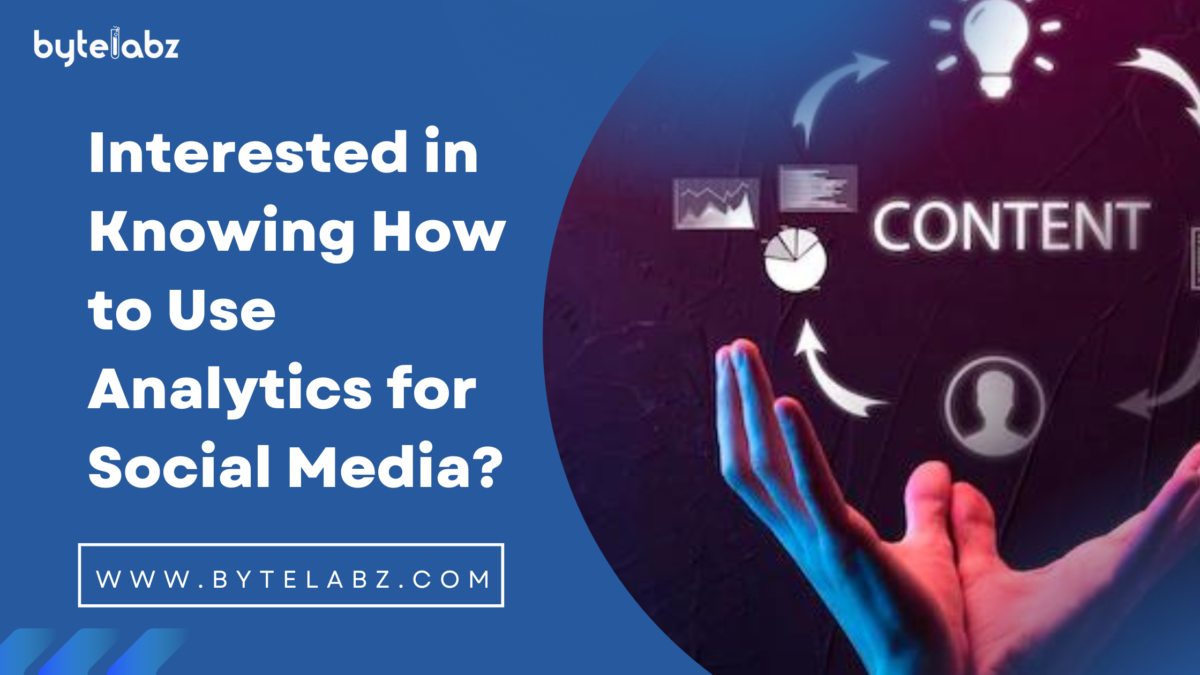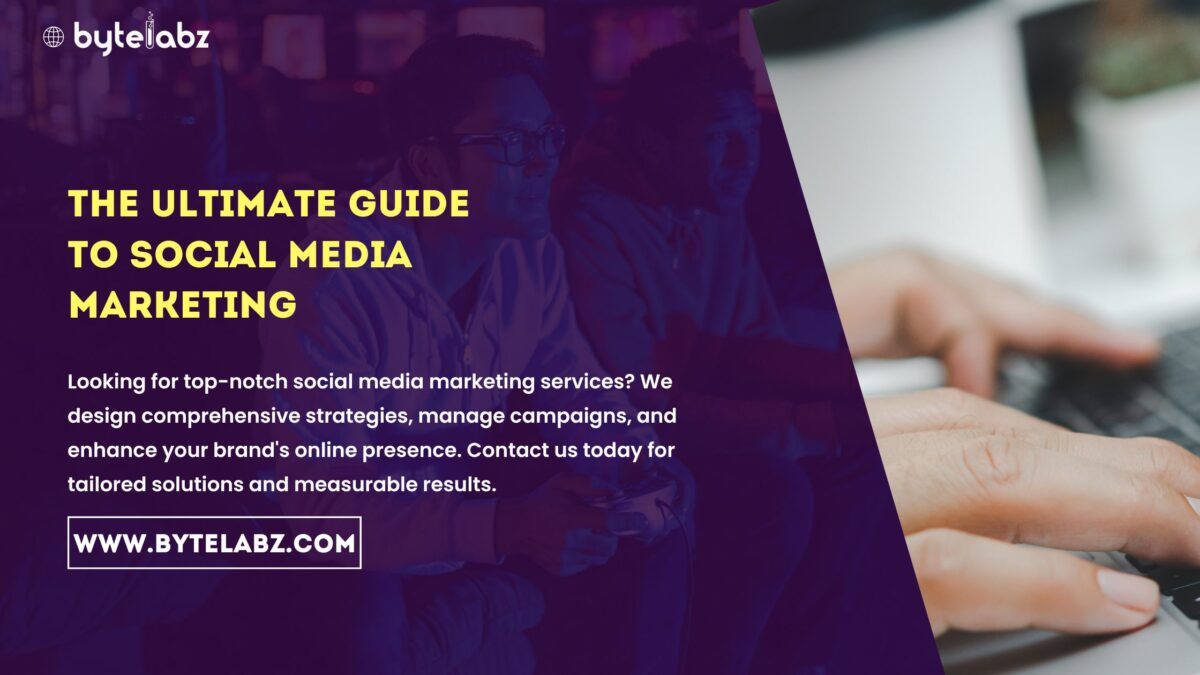Powerful Reasons Why Content Marketing Reigns Supreme in SEO
Are you having trouble getting more people to see your website on search engines? Looking for a powerful strategy that can revolutionize your SEO efforts? Enter content marketing – the reigning champion of SEO! In this informative blog, we will explore the 10 powerful reasons why content marketing is the key to dominating search engine rankings and driving organic traffic to your website.Imagine this: You diligently optimize your website with all the right keywords, Meta tags, and backlinks, but still struggle to climb up the search engine ladder. Frustrating, right? That’s where content marketing comes in. By creating valuable, relevant, and engaging content, you not only attract your target audience but also earn their trust and loyalty. Sound promising? Let’s dive into the reasons why content marketing should be at the heart of your SEO strategy.
Content Marketing and SEO: A Winning Combination
Content marketing and SEO are two powerful strategies that, when combined, can create a winning formula for driving traffic, generating leads, and increasing brand awareness. Both play a crucial role in the success of any digital marketing campaign, and when used together, they can amplify the results and deliver long-term benefits.
The process of producing and disseminating worthwhile, timely, and consistent material in order to draw in and hold on to a target audience is known as content marketing. This content can come in various forms, such as blog posts, videos, info graphics, and social media posts. The goal of content marketing is to provide valuable information to your target audience, establish your brand as a thought leader in your industry, and ultimately drive customer engagement and conversions.
On the other hand, SEO (search engine optimization) is the process of optimizing your website and content to rank higher in search engine results pages (SERPs). This involves using relevant keywords, creating high-quality backlinks, and ensuring that your website is technically sound and user-friendly. The ultimate goal of SEO is to increase organic traffic to your website and improve its visibility in search engines.
When content marketing and SEO are combined, they can create a powerful synergy that can significantly improve your digital marketing efforts. Here are some explanations on why this combo works so well:
- Quality content attracts high-quality backlinks: When you create valuable and informative content, other websites are more likely to link back to it. This not only improves your website’s authority and credibility in the eyes of search engines but also drives more organic traffic to your site.
- Keyword-optimized content improves search rankings: By conducting keyword research and incorporating relevant keywords into your content, you can improve your website’s visibility in search results. This can lead to higher organic traffic and better engagement with your target audience.
- Content marketing supports link building: Content marketing efforts, such as guest blogging and creating shareable content, can help you build valuable backlinks to your website.
- Engaging content improves user experience: By creating engaging and informative content, you can improve the overall user experience on your website. This can lead to lower bounce rates, longer time spent on site, and higher conversion rates.
The importance of relevant content in SEO cannot be overstated. Search engines like Google prioritize websites that provide valuable, informative, and relevant content to their users. When your content aligns with what users are searching for, it increases the likelihood of your website ranking higher in search results.
Relevant content not only helps to improve your website’s visibility in search engines but also enhances user experience. When visitors find the information they are looking for on your website, they are more likely to engage with your content, spend more time on your site, and potentially convert into customers.
Moreover, relevant content plays a crucial role in building trust and credibility with your audience. When you consistently deliver high-quality, relevant content, it establishes your brand as a knowledgeable and trustworthy source within your industry.
How Content Marketing Boosts Brand Awareness?
By creating and distributing valuable, relevant, and consistent content, businesses can increase their visibility and reach a wider audience. Here are several ways in which content marketing can help boost brand awareness:
- Establishing thought leadership: By consistently producing high-quality content that addresses industry trends, challenges, and solutions, businesses can position themselves as thought leaders in their field. This helps to build trust and credibility with their audience, ultimately increasing brand awareness.
- Engaging with target audience: Content marketing allows businesses to connect with their target audience on a deeper level. By addressing their pain points, answering their questions, and providing valuable information, businesses can foster a stronger connection with their audience, leading to increased brand recognition.
- Leveraging different content formats: Content marketing allows businesses to leverage various content formats such as blog posts, videos, info graphics, podcasts, and social media posts. This diverse range of content helps to reach different segments of the audience and increases brand visibility across different platforms.
- Social media amplification: Sharing valuable content on social media platforms can significantly boost brand awareness. When followers engage with and share the content, it increases the reach and visibility of the brand, ultimately leading to greater awareness.
- Search engine visibility: Creating high-quality, optimized content can improve a brand’s visibility in search engine results. This means that when potential customers search for relevant information, they are more likely to come across the brand’s content, leading to increased awareness.
Social media platforms are powerful tools for content marketing. They provide businesses with a direct line of communication to their target audience and allow them to distribute content to a wider audience. Here are several ways in which businesses can utilize social media platforms for content marketing:
- Sharing valuable content: Social media platforms provide businesses with an opportunity to share their content with a wider audience. By sharing valuable and relevant content, businesses can increase engagement with their audience and drive traffic to their website.
- Building a community: Social media platforms allow businesses to build a community around their brand. By engaging with followers, responding to comments, and sharing user-generated content, businesses can foster a sense of community and increase brand loyalty.
- Leveraging different formats: Social media platforms support various content formats such as images, videos, and info graphics. By leveraging these different formats, businesses can reach a wider audience and increase engagement with their content.
- Targeted advertising: Social media platforms offer targeted advertising options, allowing businesses to reach specific segments of their audience. By creating targeted ads that align with their content marketing strategy, businesses can increase visibility and engagement with their content.
Content marketing has a significant impact on search engine rankings. Websites that provide consumers with important, pertinent, and high-quality material are given priority by search engines such as Google. Here are several ways in which content marketing influences search engine rankings:
- Improved keyword targeting: Content marketing allows businesses to create content around specific keywords and topics relevant to their industry. By strategically incorporating these keywords into their content, businesses can improve their website’s visibility in search engine results for those particular keywords.
- Enhanced user engagement: High-quality, engaging content leads to increased user engagement, such as longer time spent on the website, lower bounce rates, and higher click-through rates. Search engines interpret these signals as indicators of a positive user experience, which can positively impact search engine rankings.
- Backlinks and authority: Creating valuable and shareable content increases the likelihood of other websites linking back to the content. These backlinks are a crucial factor in search engine algorithms, as they signal to search engines that the content is authoritative and valuable, ultimately contributing to higher search engine rankings.
- Fresh and updated content: Search engines favor websites that regularly produce fresh and updated content. Content marketing allows businesses to consistently publish new, relevant content, signaling to search engines that the website is active and relevant to users, which can positively impact search engine rankings.
- Long-tail keyword targeting: Content marketing enables businesses to target long-tail keywords—specific, detailed phrases those users are likely to search for. By creating content that addresses these long-tail keywords, businesses can attract more targeted traffic and improve their search engine rankings for these specific queries.
The future of content marketing in SEO is set to be dynamic and driven by evolving consumer behaviors and technological advancements. User-focused, personalized content will take center stage, aligning with the increasing emphasis on user experience and relevance by search engines. Visual and interactive content, optimized for voice search queries, will gain prominence, catering to the evolving search landscape. Businesses will need to establish expertise and authority, aligning with Google’s E-A-T framework, while leveraging AI and data-driven insights to personalize content and optimize for search algorithms.
Optimizing for featured snippets and rich content formats will be crucial for securing prominent visibility in search results. In this rapidly evolving landscape, businesses that adapt their content marketing strategies to these trends will be well-positioned to thrive in the future of SEO-driven content marketing.











